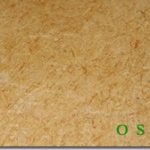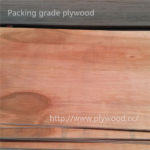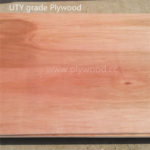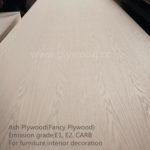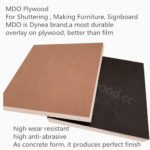Oriented Strand Board (OSB) – Engineered Wood Based Panel
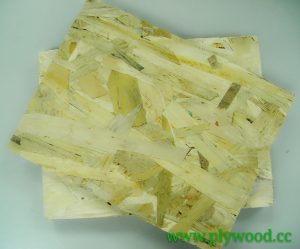 Oriented Strand Board (OSB) – Engineered Wood Based Panel
Oriented Strand Board (OSB) – Engineered Wood Based Panel
Oriented strand board (OSB) is an engineered man-made panel made of wood strands in specific orientations . The strands of wood are bonded together with adhesives under pressure and heat .
OSB is durable, strong, rigid and defect-free . It’s easy to use OSB which can be sawn, planed, nailed, screwed and painted . OSB is an excellent replacement of equivalent grades of plywood, solid panel or other wood panels.
There are 4 types of OSB according to their physical properties. Their moisture-resistant ability is depending on the glue used.
OSB/1 : general purpose OSB (interior use in dry conditions)
Glue: UF glue (Urea Formaldehyde)
Applications:
For non-structural usages, packing, furniture, decorating.
OSB/2 : load-bearing OSB (used in dry conditions)
Glue: PMDI(Isocyanate) for the core, MUF (Melamine-Urea-Formaldehyde) or PF(Phenol Formaldehyde) glue for the outer plies.
Applications:
Furniture, decorating, flooring, roofing, wall, signboards, packing, pallets.
OSB/3 : load-bearing OSB (used in humid conditions)
Glue: PF glue (Phenol Formaldehyde).
Applications:
Flooring, roofing, wall sheathing, signboards, packaging.
OSB/4 : heavy-duty load-bearing OSB (used in humid conditions)
Glue: PF glue (Phenol Formaldehyde).
Applications (Structure panel):
Structural components, wall sheathing, flooring & Subfloors, roofing, I-beams.
The density of OSB:
The density of common OSB is 650kg/CBM (+/-5%) . But the density varies with the wood species and compress ratio during production .

